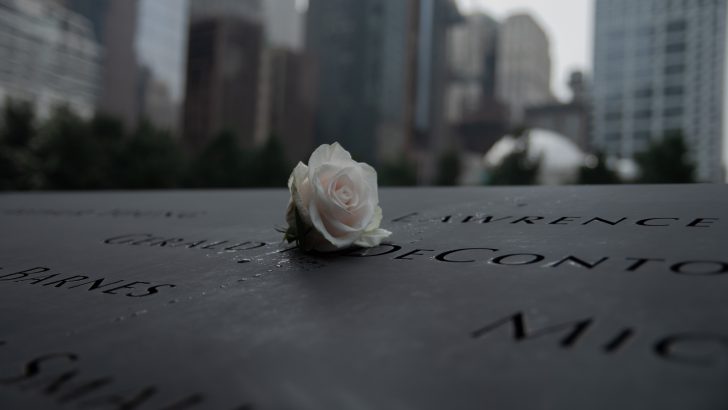We had a liturgy of remembrance recently for those who have died over the past year, brought via Facebook into the homes of those in the parish and further afield. One of our own, a man from the parish shared his reflections on the death of his wife six years ago and of his son at the beginning of this Covid-19 pandemic. He spoke of loss, of grief, of how different it was to have no wake, no funeral Mass, no means of gathering to celebrate the life of his son. It was powerful, emotional and uplifting because throughout there was a deep sense of the presence of God. Even in the midst of suffering and death God was experienced as one who loves, who strengthens, who searches us out and who holds us tenderly.
I thanked God for this man’s wisdom and insight, the simple beauty of his words and his courage to share so openly with us his intimate experience of grief and love. I thought of those listening and how this reflection could impact on them, how deeply it would speak to their hearts and the possibility that they too would allow themselves to be held within the tender love of God at such a time of grief.
I also found myself thinking back to a very different experience. Last year I was not in my own parish for All Souls Day. I went to Mass elsewhere and was taken aback when the priest appeared in black vestments. It was as if I had tumbled back through time, to the years before the Second Vatican Council. The homily did little to reassure me. We were sternly warned not to presume that our loved ones were in heaven, no matter how long ago they had died. They may well be in purgatory, depending on us to pray for them and languishing until enough prayers have been said to secure their release. If their debt had in fact been covered by our prayers then any excess would be passed on to other unfortunate souls who have no-one to pray for them.
This is the language of fear. Surely our relationship with God should be motivated by love, not fear? I remember sitting there feeling angry and wondering how many people in that packed Church had been left wracked with distress and guilt that perhaps their mother or father, a sibling or grandparent had been left to suffer because of a lack of prayer. What God is this? I for one did not recognise the image of God who would tally prayers against debt, who would leave destitute those who lack family and friends to pray for them. Where is the Holy Spirit in such language and imagery? Where is the ‘Abba’ that Jesus spoke of?
I believe that we are all fragile and capable of sin. I believe that there is a necessary transformation between death and encountering God. I also believe however that all I can do, all I need to do, is place the one I love into the hands of God. I quoted a psalm the last time I wrote, which speaks of one’s soul being ‘like a child on its mother’s breast’ in the presence of God. And so when I pray for those who have died I pray that they know the tender love of God and I entrust them into God’s care.
So I pray for each one of us this November that we will continue to take time to think of those we have loved and lost. I pray that we will allow ourselves the memories, even for the hurt it may bring, so that we can rejoice again in the joy and love we shared. Where relationships have been difficult or even destructive, let’s pray for healing and forgiveness, for the capacity to entrust all, even the most painful memories into the hands of our loving God. Above all may we know that, together with those who have gone before us we are sustained by one who loves, who strengthens, who searches us out and who holds us tenderly.


 Bairbre Cahill
Bairbre Cahill
